Green finance is becoming a key factor promoting sustainable growth in Vietnam, with strong commitments and practical solutions for the future.
Green growth and sustainable development have always been strategic goals, consistently implemented by the Party and the State. The Government has clearly affirmed: “Green growth is a core factor in the process of restructuring the economy, transforming the growth model towards improving productivity, quality, efficiency and competitiveness, in order to achieve rapid but sustainable development.”
Vietnam has actively participated in international efforts, demonstrating a strong commitment at COP26, when the Prime Minister confirmed the target of reducing net emissions to zero by 2050, and continued to affirm this target at COP28.
In that context, green finance has become an important tool that not only Vietnam but also the international community is focusing on to promote green and sustainable growth. According to forecasts, Vietnam needs a huge resource of about 368 billion USD in the period from now to 2040, that is about 20 billion USD per year. To achieve this goal, it is extremely urgent to establish effective mechanisms and policies to mobilize domestic and foreign capital, develop the green financial market and attract private capital flows into green sectors.
In addition to financial resources from the state budget, international loans or support from international financial organizations, Vietnam needs to simultaneously develop both the green capital market and green credit, creating a solid foundation for sustainable development.
To better understand the issue of "Promoting green finance - Towards sustainable development in Vietnam", Cong Thuong Newspaper had an interview with Dr. Le Hai Trung - Deputy Head of Banking Faculty, Banking Academy, to discuss solutions to contribute to achieving green growth goals.
 |
| Dr. Le Hai Trung - Deputy Head of Banking Faculty, Banking Academy |
Our State has policies such as: Decision No. 889/2020/QD-TTg of the Prime Minister approving the National Action Program on Sustainable Production and Consumption for the period 2021 - 2030; or the legal basis is the Law on Protection of Consumer Rights, what is your opinion on Vietnam's policies on sustainable production and consumption compared to other countries in the world?
Prioritizing sustainable production and sustainable consumption plays a very important role in the process of transforming the economy towards green development. These two factors are considered two key pillars to help move towards an economy that not only develops strongly but also protects the environment and natural resources. Sustainable production and sustainable consumption cannot be separated, because the production process, especially sustainable production, has a direct impact on the consumption of green products and services, thereby promoting sustainable consumption.
Vietnam's policies in the field of sustainable production and consumption have been designed to be synchronous and proactive, aiming at the goal of developing a sustainable economy, in line with international trends. The Government has issued tax incentives to encourage businesses to invest in the production of clean energy, renewable energy, and green products. Tax incentives are also applied to sustainable consumption. For example, consumers will enjoy tax support policies when purchasing electric cars or vehicles using renewable energy. These are practical policies to promote both sustainable production and consumption, thereby contributing to reducing pollution and protecting the environment.
Vietnam's policies are not only compatible with international development trends but also relatively consistent with those of advanced countries. In Europe, countries are actively implementing circular economy programs, encouraging businesses to use recycled materials and reduce waste. South Korea has also implemented "green business" policies, encouraging companies to use recycled materials in production. Japan, with the goal of reducing greenhouse gas emissions, also encourages businesses to extend product life cycles to minimize negative impacts on the environment. These policies are all aimed at creating a favorable environment to promote sustainable production and consumption, while minimizing pollution and protecting natural resources.
However, although Vietnam's policies are very clear and its political determination is great, there are still many difficulties when applying them in practice. One of the major problems is that current policies are mainly contained in major national strategies and general regulations, without specific and synchronous adjustments for each production or consumption sector. This leads to a lack of consistency in the implementation of these policies in practice. For example, as Vietnam participates in international commitments on environmental protection, current tax incentives may no longer be attractive enough for foreign enterprises, especially in green projects. This requires additional or adjusted policies to ensure that tax incentives remain a driving force to attract enterprises to invest in sustainable production in Vietnam.
Another important factor is the relationship between the rights and responsibilities of businesses in implementing sustainable production policies. When businesses participate in sustainable initiatives, they must clearly see the benefits they will receive, such as access to international markets, improved brand image, and taking advantage of tax incentives. In addition, the responsibilities of businesses must also be closely linked to their rights. This means that businesses need to comply with environmental protection regulations, use recycled materials, and minimize waste, otherwise they will have difficulty participating in the global supply chain. For example, if a business exports wood from a deforested area, its products will not be accepted in many countries. This is a clear demonstration of the need to link responsibilities with rights to promote sustainable production.
In addition, consumers need to be clearly aware of their role in promoting sustainable consumption. Consuming green products, although they may cost more than conventional products, brings long-term benefits to health and the environment. However, to promote sustainable consumption, it is necessary to raise public awareness through comprehensive financial education and green finance programs. Providing complete and accurate information about green products, as well as the benefits of using these products, will help consumers better understand the long-term benefits they receive from choosing green products. At the same time, there needs to be support from promotional programs and tax incentives to facilitate consumers to switch to using green products.
In short, promoting sustainable production and consumption requires not only clear and specific policies, but also close coordination between businesses, consumers and governments. Each party must clearly recognize its responsibilities and take concrete actions to create a sustainable economy and protect the environment for future generations.
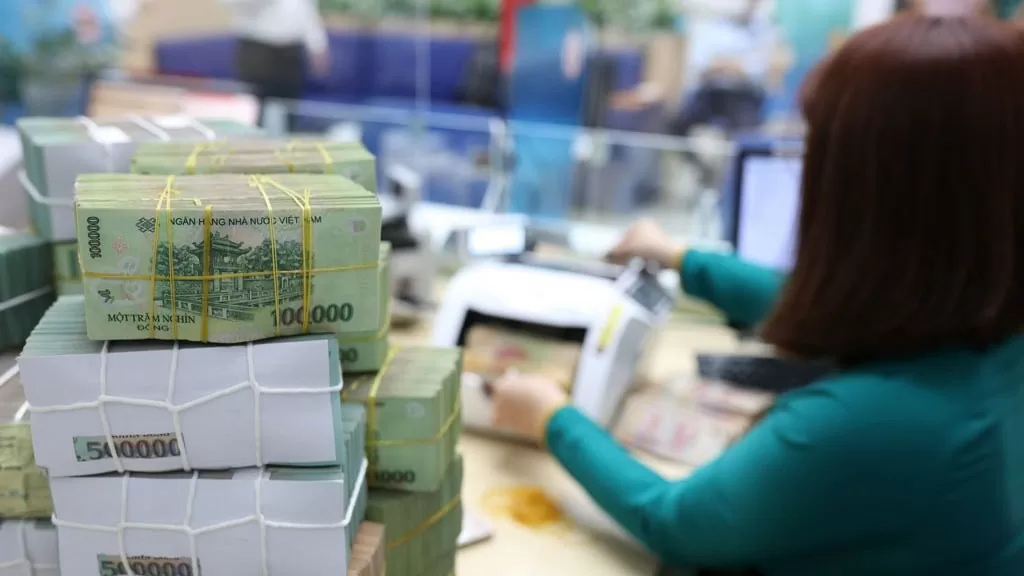 |
| To develop the green financial market, it is necessary to develop both the green capital market and the green credit market in parallel. |
In addition to raising awareness, how should comprehensive financial education for people be implemented, sir? From the perspective of a training institution on finance and banking, what activities has the Banking Academy had, is having and will have to provide financial education not only to students but also to the whole society?
Our role in implementing green products is somewhat different from that of state management agencies and practical units. We are both a research facility and a training unit, especially training students – future consumers. Therefore, we understand the importance of training, especially in the context of financial inclusion and sustainable development. In the development strategy of the Banking Institute, we have focused on the goal of sustainable development, clearly demonstrated through two main pillars: Training and community activities.
In terms of training, we integrate financial inclusion and sustainable development into our training programs, aiming at the country's sustainable development goals. We provide multidisciplinary training, from accounting, auditing, law to information technology, with programs that have clear criteria for sustainable development. Subjects such as "Ethics and Sustainable Development" or "Personal Finance" not only provide in-depth knowledge but also raise students' awareness of this issue.
In addition, we also implement volunteer programs associated with community activities, such as the "Tinh nguyen tri thuc" program launched in 2021. Students not only participate in support work for people but also organize personal finance classes for students and people in disadvantaged areas. This contributes to raising financial awareness and helping people make more sustainable consumption decisions.
We also coordinate with agencies and organizations to organize events, such as the "Progressive City" program or sustainable development competitions, to create a playground for students, especially students of the Banking Academy and other universities in Hanoi. This is an opportunity for students to express their voices on sustainable development and raise public awareness.
With these activities, we hope to contribute a small part to the sustainable development of the country. Hopefully in the future, we will continue to cooperate with organizations and agencies to expand these financial and community training activities.
Thank you!
Source: https://congthuong.vn/thuc-day-tai-chinh-xanh-viet-nam-tren-hanh-trinh-phat-trien-ben-vung-361230.html


![[Photo] "Beauties" participate in the parade rehearsal at Bien Hoa airport](https://vstatic.vietnam.vn/vietnam/resource/IMAGE/2025/4/11/155502af3384431e918de0e2e585d13a)


![[Photo] Looking back at the impressive moments of the Vietnamese rescue team in Myanmar](https://vstatic.vietnam.vn/vietnam/resource/IMAGE/2025/4/11/5623ca902a934e19b604c718265249d0)


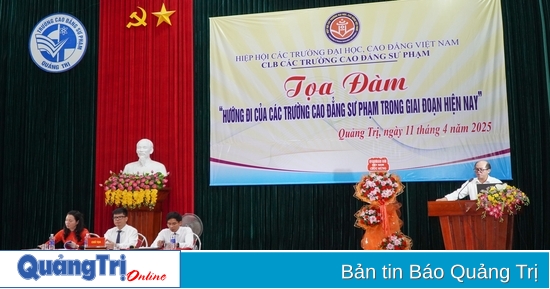


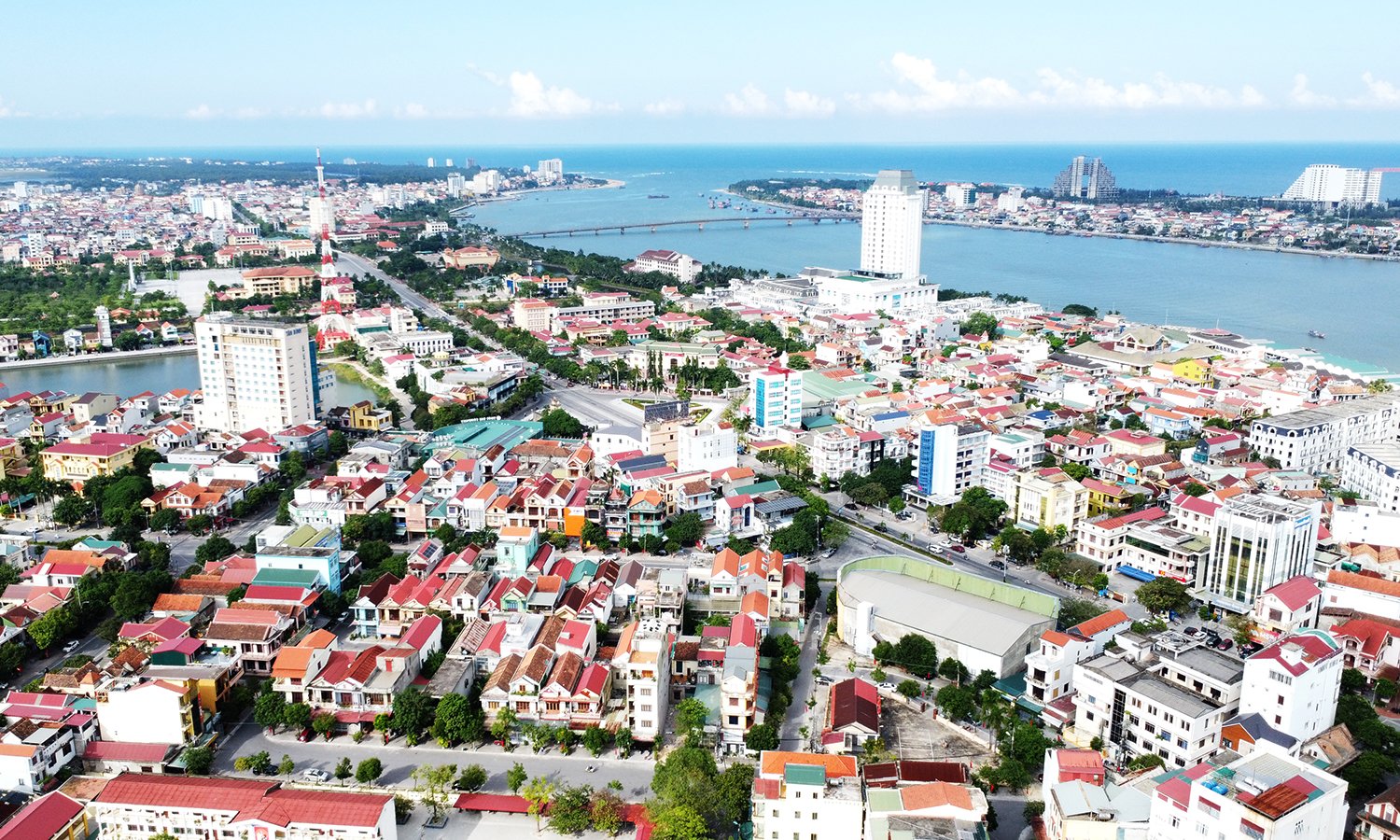
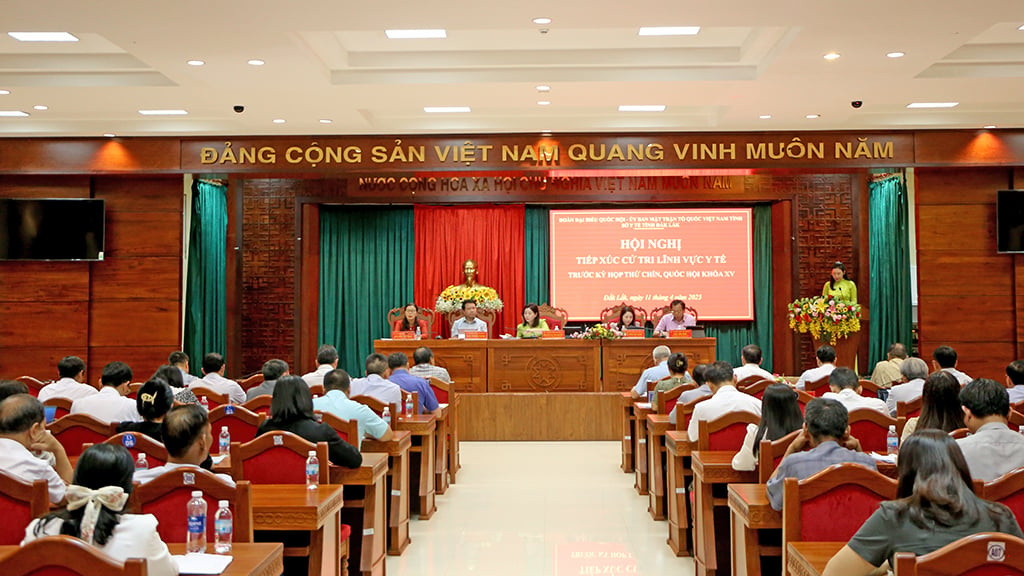

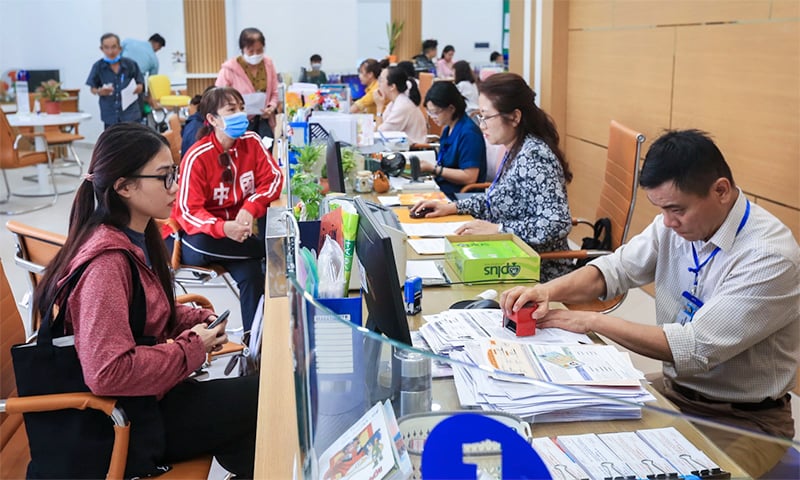







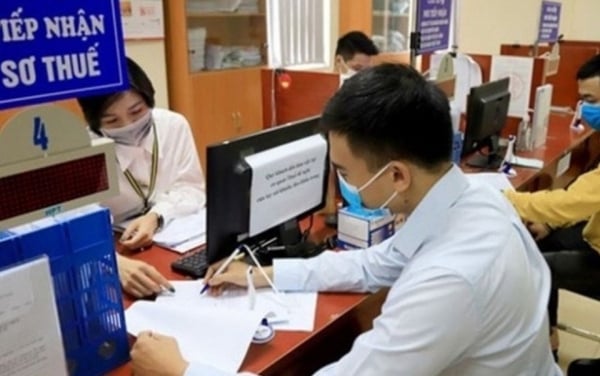


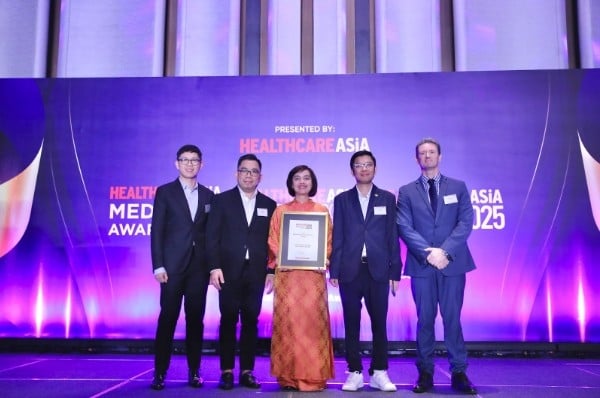
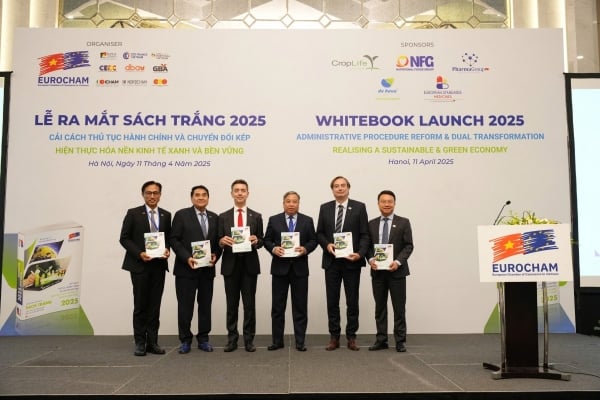


![[Photo] Summary of parade practice in preparation for the April 30th celebration](https://vstatic.vietnam.vn/vietnam/resource/IMAGE/2025/4/11/78cfee0f2cc045b387ff1a4362b5950f)









































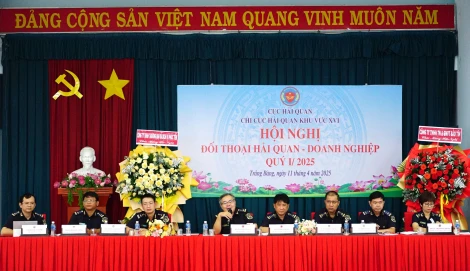


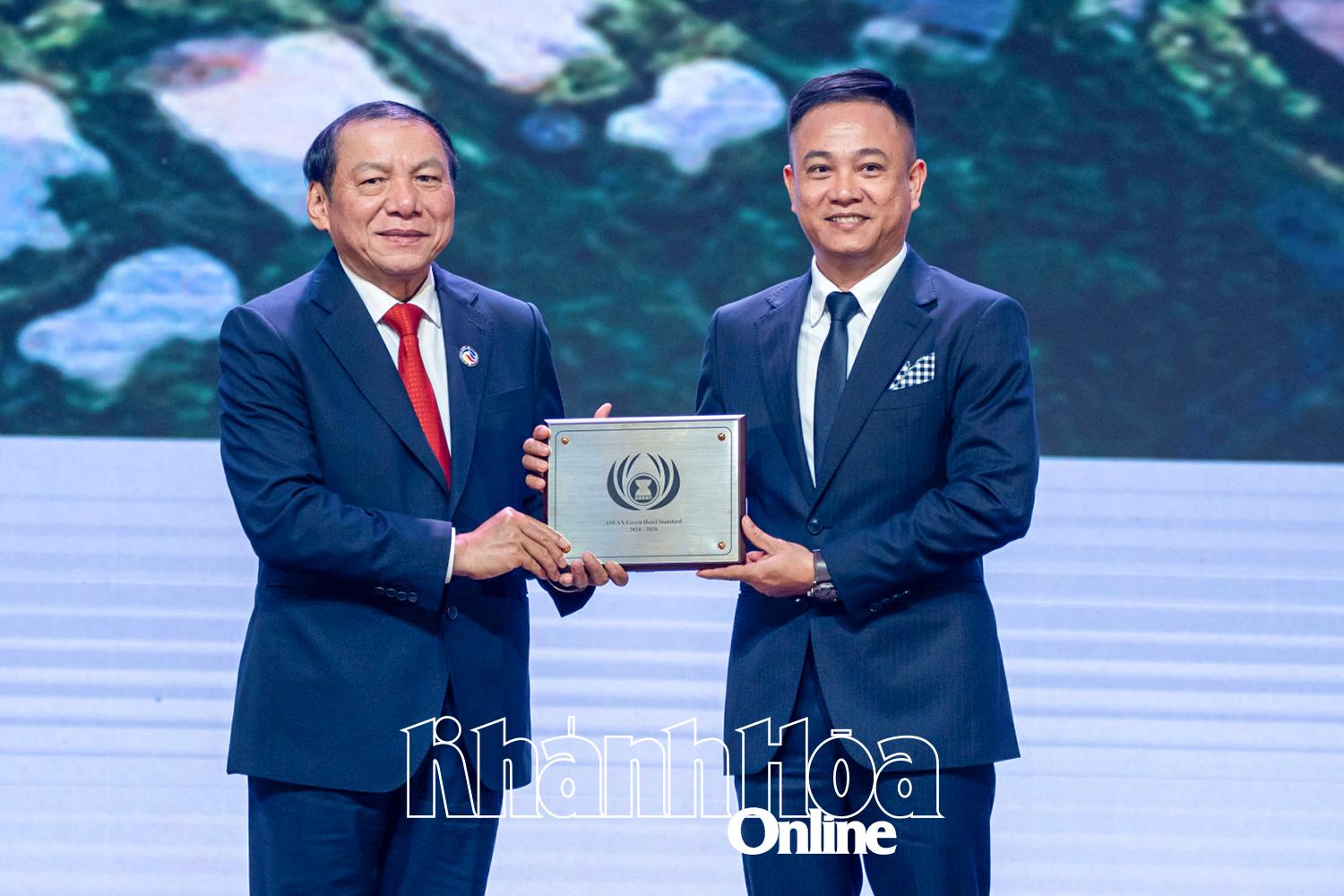

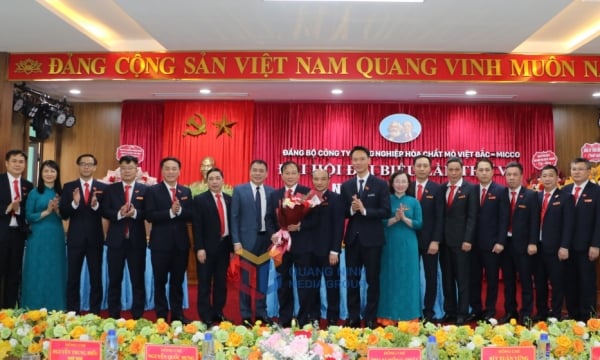
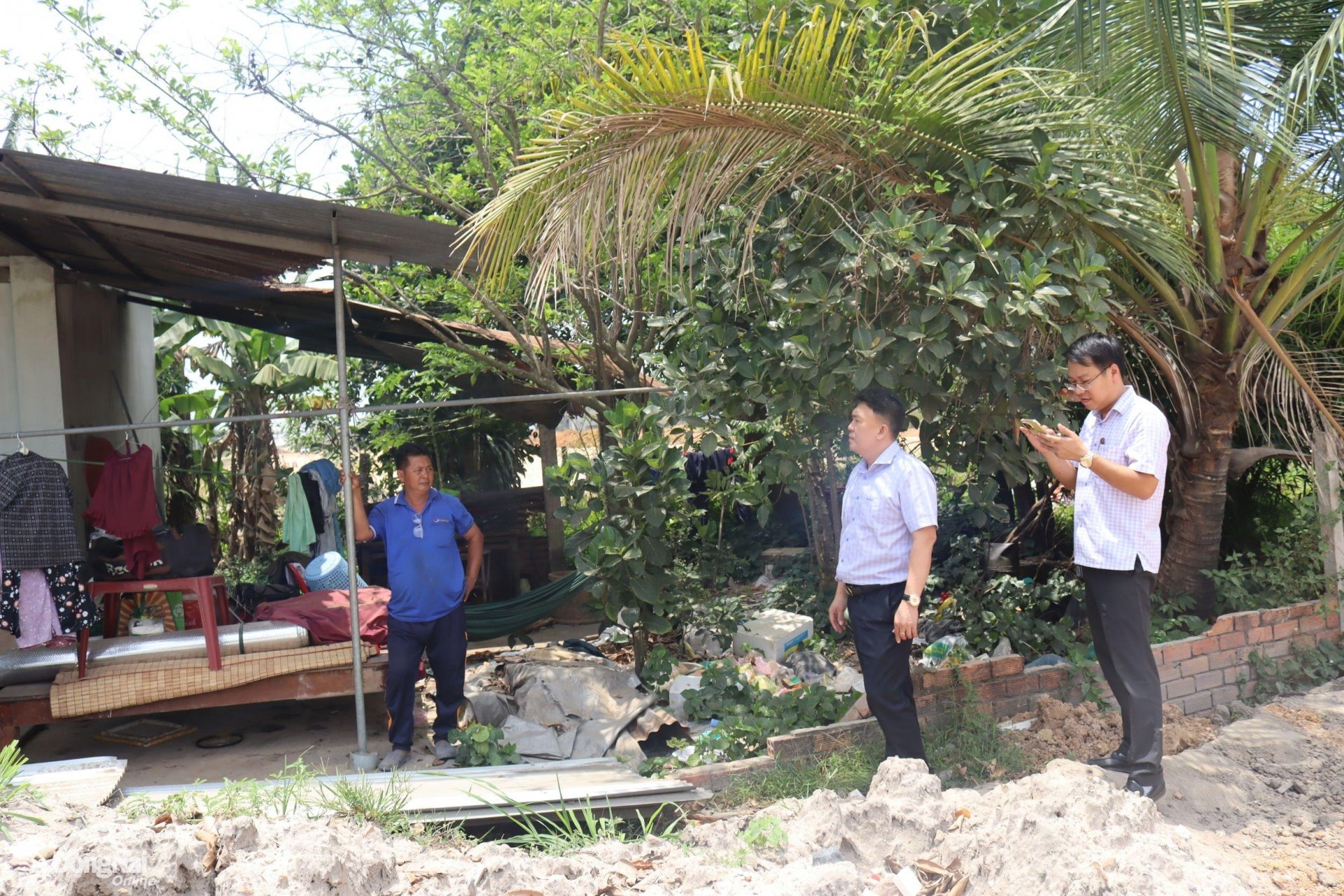

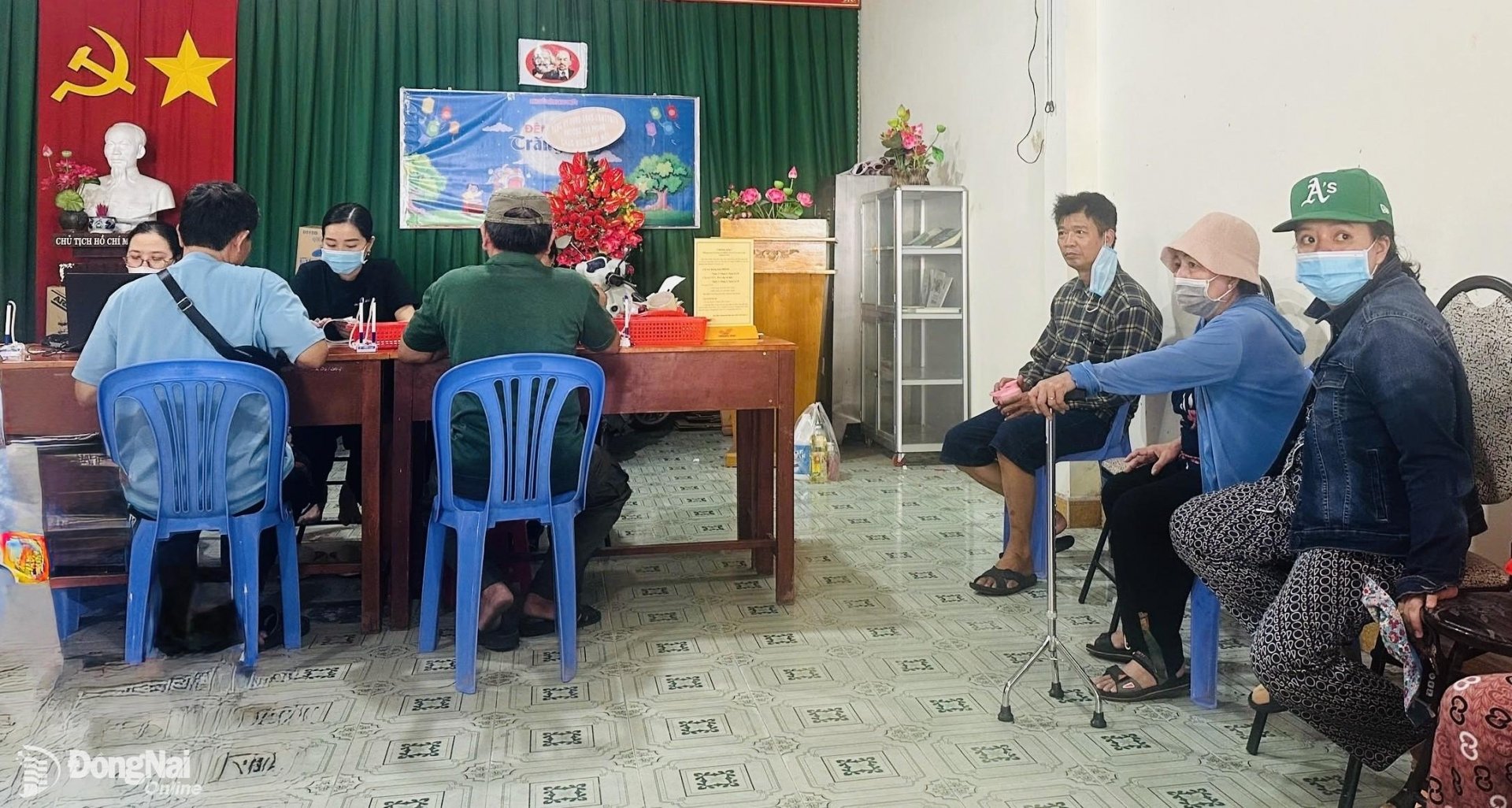











Comment (0)